In today’s world, technology is everywhere we look, whether it be in an industrialized workplace or the myriad of devices we use at home. While modern technology enhances our lives, it can also pose some risks. It’s more important to protect our digital identity more than ever, which is why we explore 20 eye-opening Signs Your Digital Identity Is No Longer Safe:
Unfamiliar Logins to Your Accounts
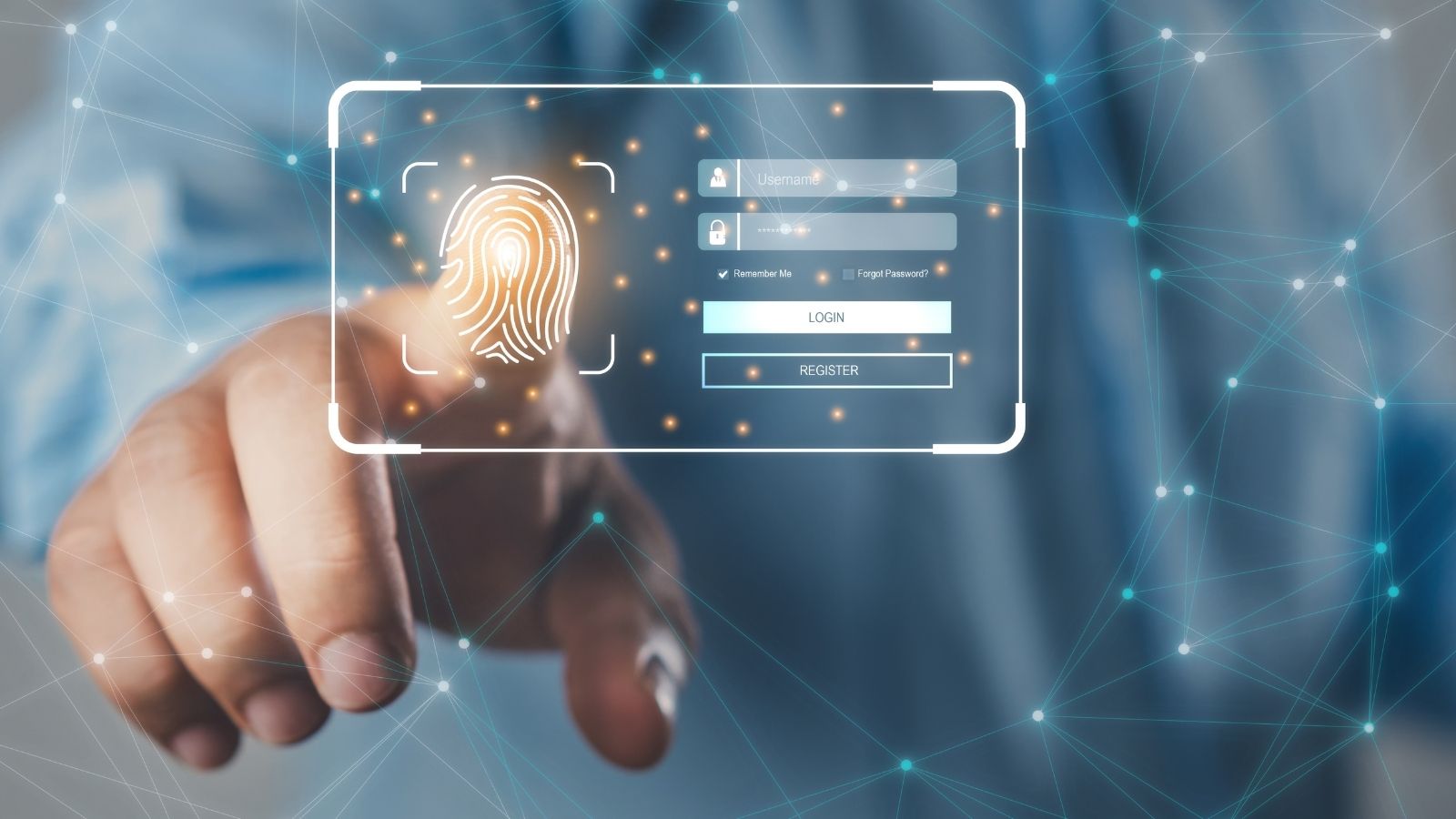
One of the clearest signs that your digital identity has been compromised is receiving alerts about logins from devices or locations you don’t recognize. If you notice suspicious activity, such as login attempts from distant locations, your account may have been breached.
Unexplained Account Changes

Sudden changes in your account settings, like updated passwords, email addresses, or linked phone numbers, can be a strong indication that someone has taken control of your account. These changes often go unnoticed until the hacker has gained full access to your digital life.
Receiving Password Reset Emails You Didn’t Request

If you start getting password reset emails for accounts you haven’t tried to access, it could mean someone is attempting to break into your accounts. This is a red flag that your credentials might be exposed or your identity is being targeted for takeover.
Unrecognized Transactions on Financial Accounts

Unfamiliar charges on your bank account, credit cards, or payment apps are alarming signs of identity theft. Fraudsters often make small test purchases to see if an account works before making larger, more damaging transactions.
Receiving Unexpected Two-Factor Authentication (2FA) Codes
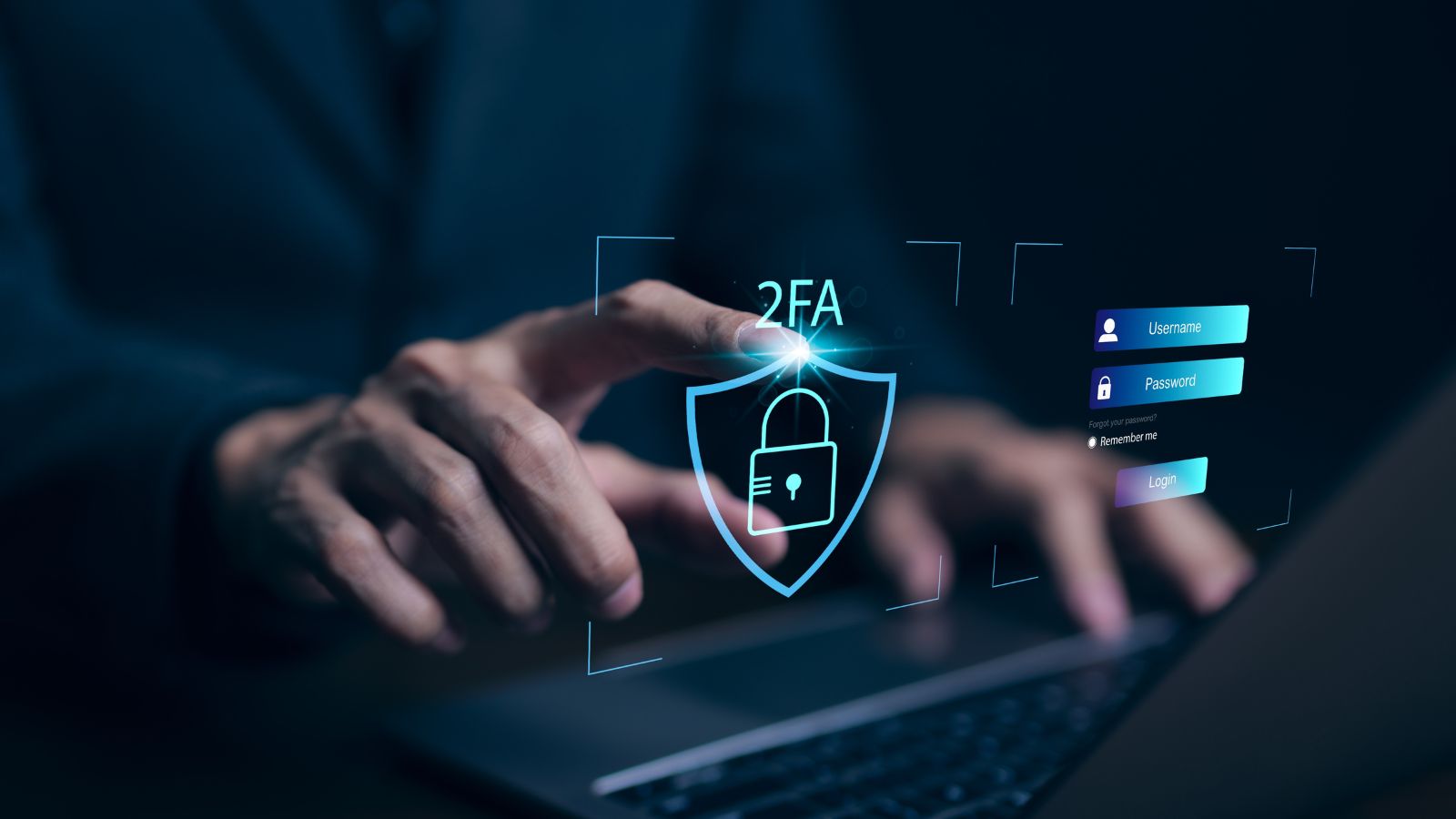
Two-factor authentication (2FA) is designed to add an extra layer of security. But, if you start receiving 2FA codes via text or email when you aren’t trying to log in, it’s likely that someone else is attempting to access your account using your credentials.
Locked Out of Your Own Accounts

Being locked out of an account despite using the correct login details is a strong indicator that your account has been hacked. If a hacker changes your password or security settings, they can effectively lock you out of your own accounts.
Spam Messages Sent from Your Email or Social Media Accounts
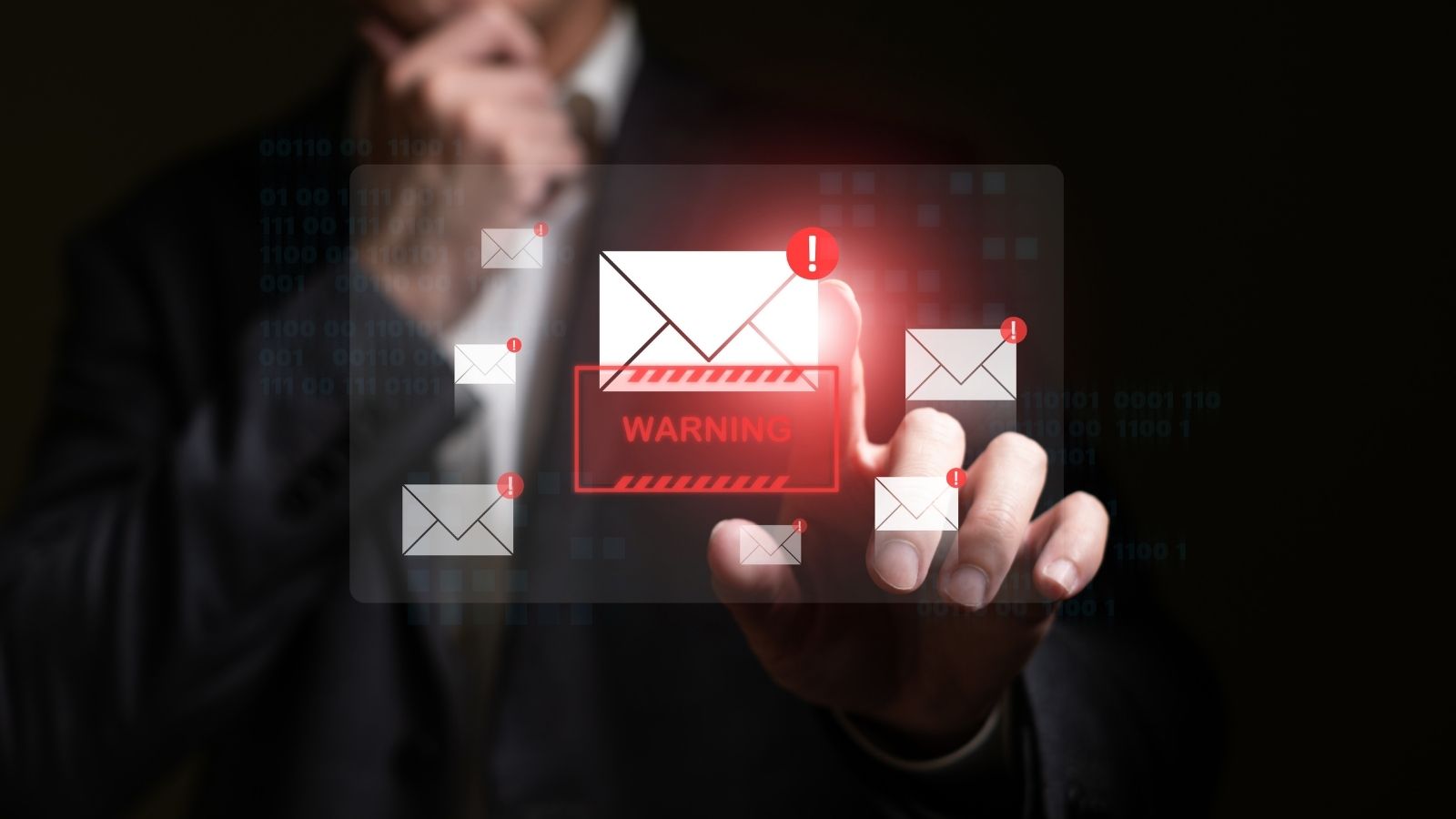
If your friends, family, or contacts start receiving spam messages from your email or social media accounts, it’s a clear sign your account has been compromised. Cybercriminals often use hijacked accounts to spread malware or phishing links.
New Accounts Opened in Your Name

A sudden surge in new accounts opened in your name, whether it’s credit cards, loans, or utilities, is a strong indicator of identity theft. If you haven’t authorized these accounts, it’s crucial to act quickly to prevent further damage to your credit and personal finances.
Suspicious Calls from Your Bank or Service Providers
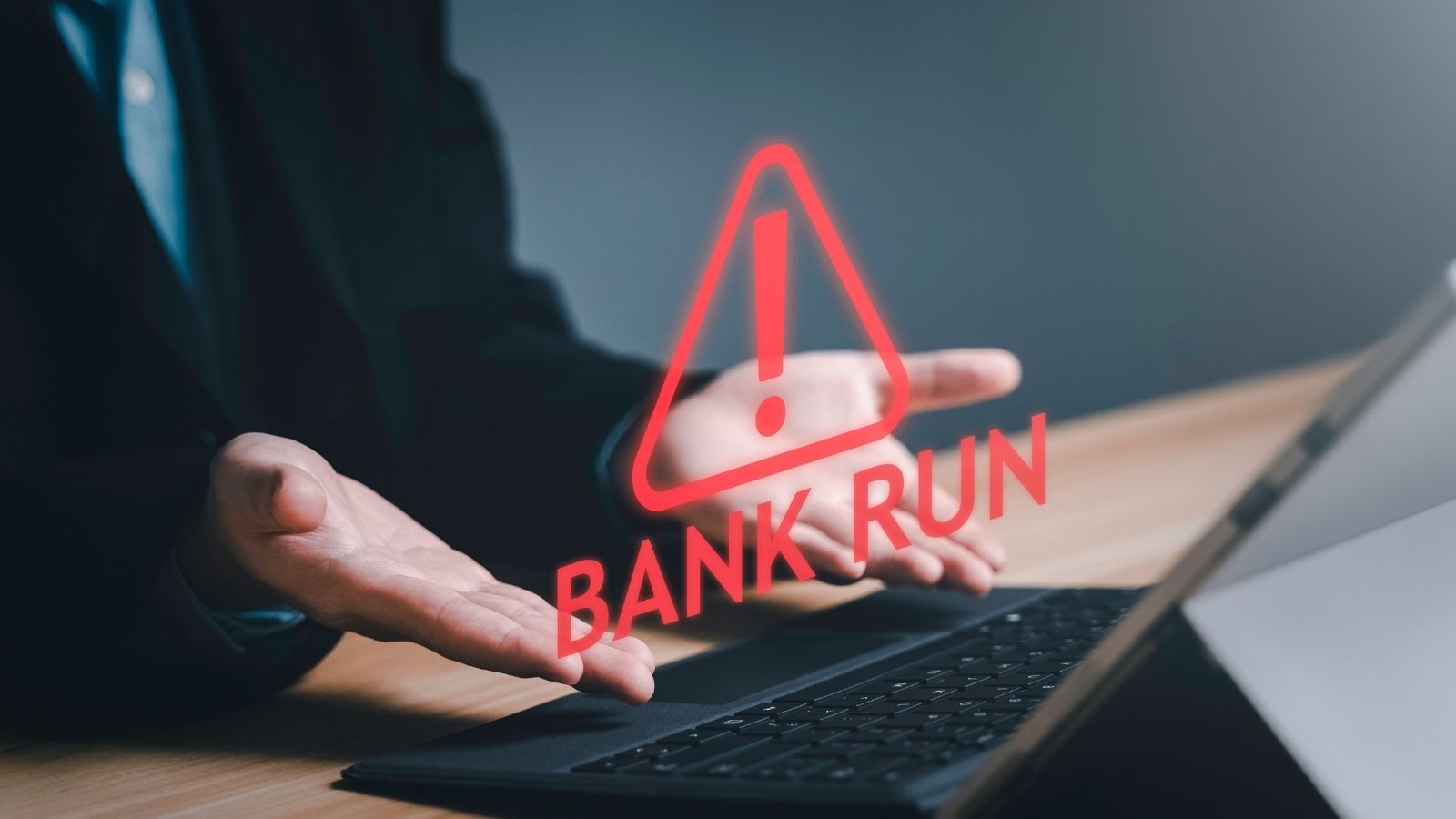
If you receive phone calls from your bank or service providers asking about recent transactions or activities that you don’t recognize, it’s a sign that someone may be impersonating you or using your digital identity for fraudulent purposes.
Receiving Debt Collection Notices for Unknown Accounts

Debt collection notices for accounts you never opened are a classic sign of identity theft. Fraudsters can open credit accounts in your name, rack up charges and leave you to deal with the financial fallout.
Strange Changes to Your Social Media Profiles

If your profile picture has changed without your input or you’ve noticed posts or messages that you didn’t make, you’re not alone. Unauthorized changes to your social media profiles can be a sign that your account has been hacked or taken over by someone else, which is becoming increasingly common.
Receiving Phishing Emails that Seem Very Personal
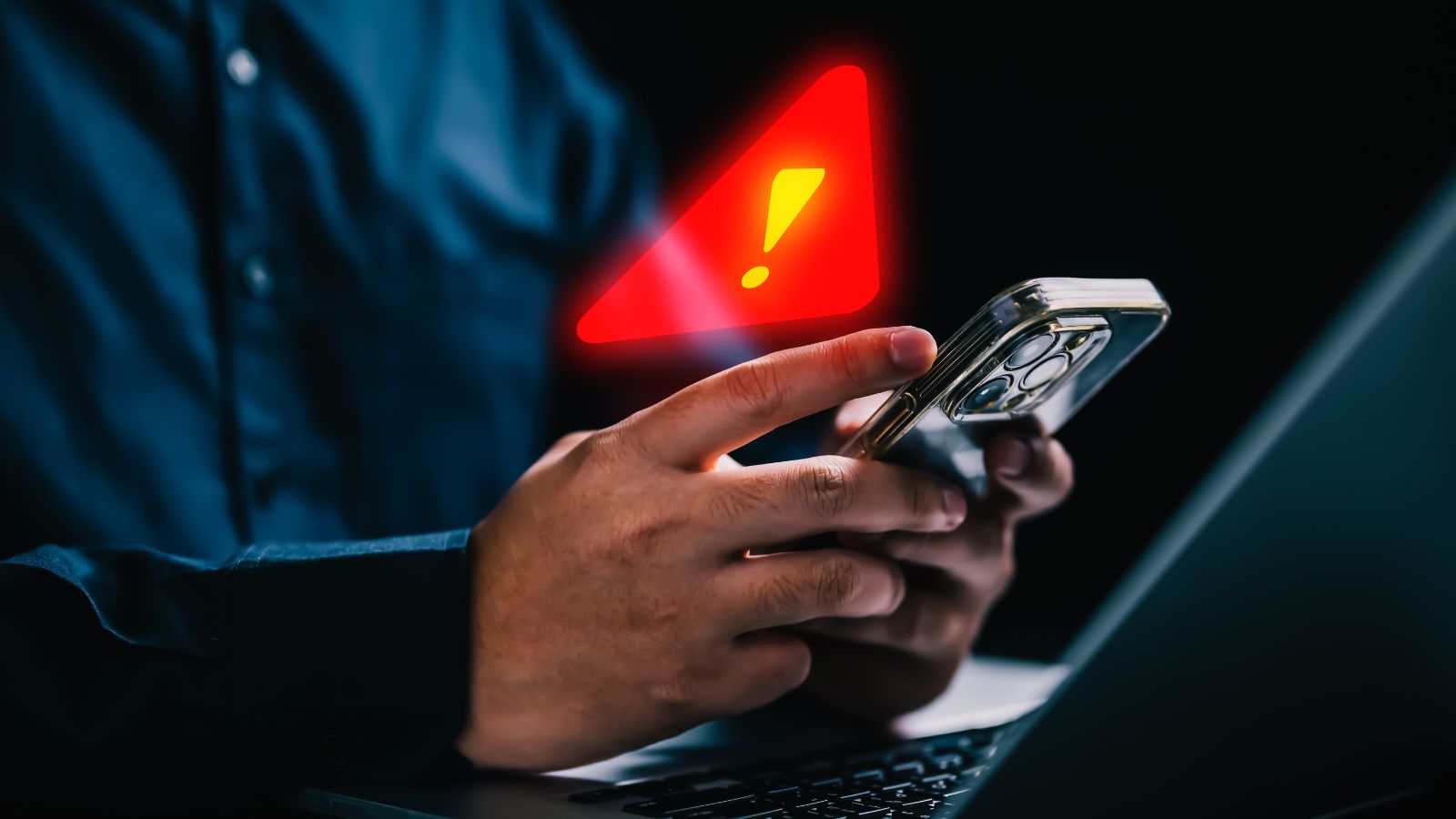
Phishing attacks have become more personalized, with scammers using details about you, like your name, address, or workplace, to craft convincing emails. If phishing attempts start to feel oddly personal, it may indicate that your personal data has already been compromised.
Your Security Questions Don’t Work Anymore

When trying to recover an account, you may find that the answers to your security questions no longer work. If you find you cannot answer any of your security questions it could be a sign that someone has hacked your account and changed the security information.
Breach Notifications from Companies You Use

Many companies will notify users if they experience a data breach. If you receive a breach notification from a service provider, such as your bank, email provider, or online store, there’s a chance that your personal information has been exposed.
Your Credit Score Drops Unexpectedly
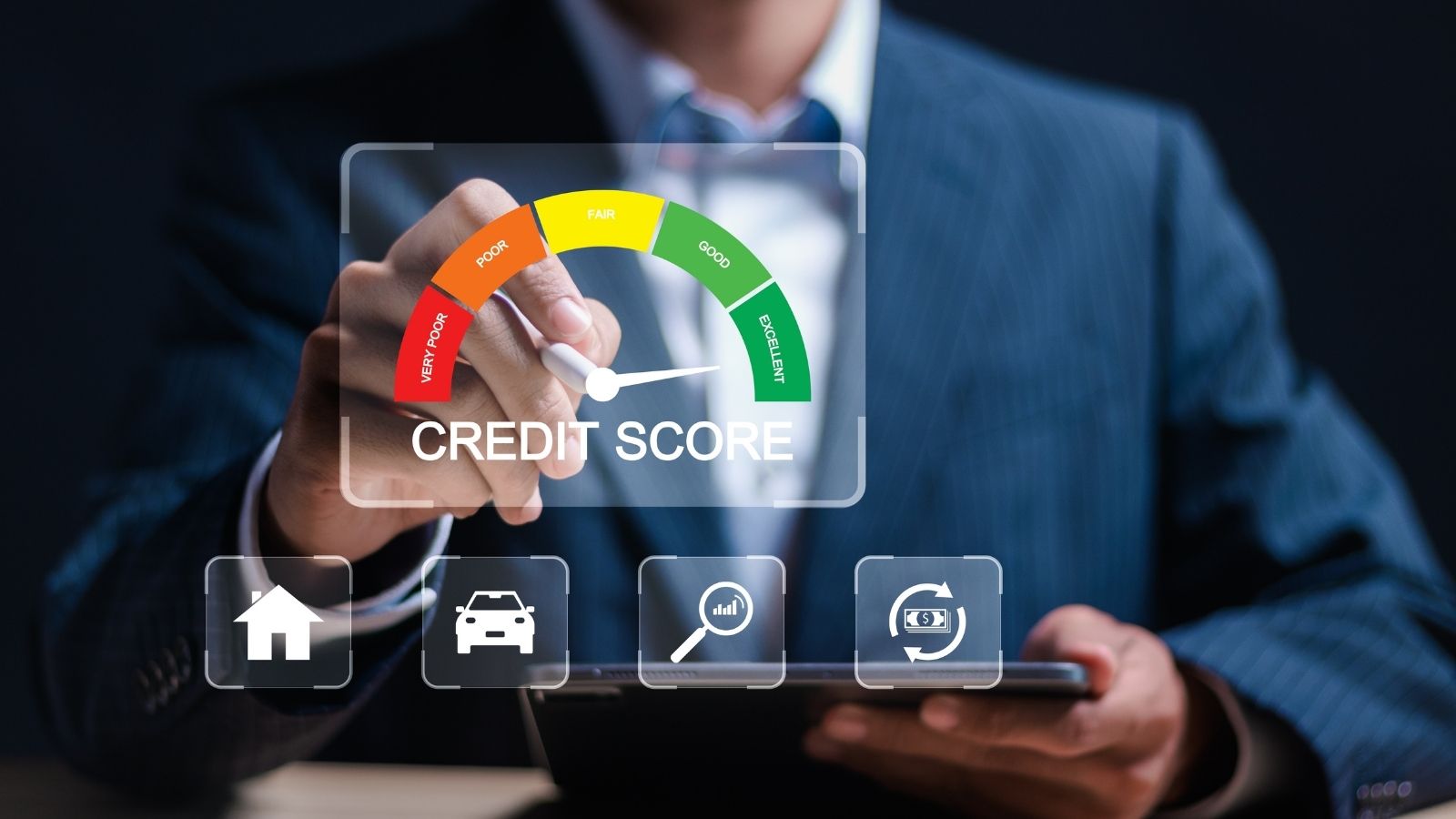
An unexplained drop in your credit score could be an indication that your identity has been stolen and misused. Identity thieves often use stolen information to take out loans or apply for credit cards in your name, leaving your credit score in shambles.
Unauthorized Access to Your Cloud Storage

If files in your cloud storage or digital vault have been accessed, moved, or deleted without your knowledge, your account may have been compromised. Hackers who access these platforms can steal sensitive documents or upload malware.
Your Personal Details Are Found on the Dark Web
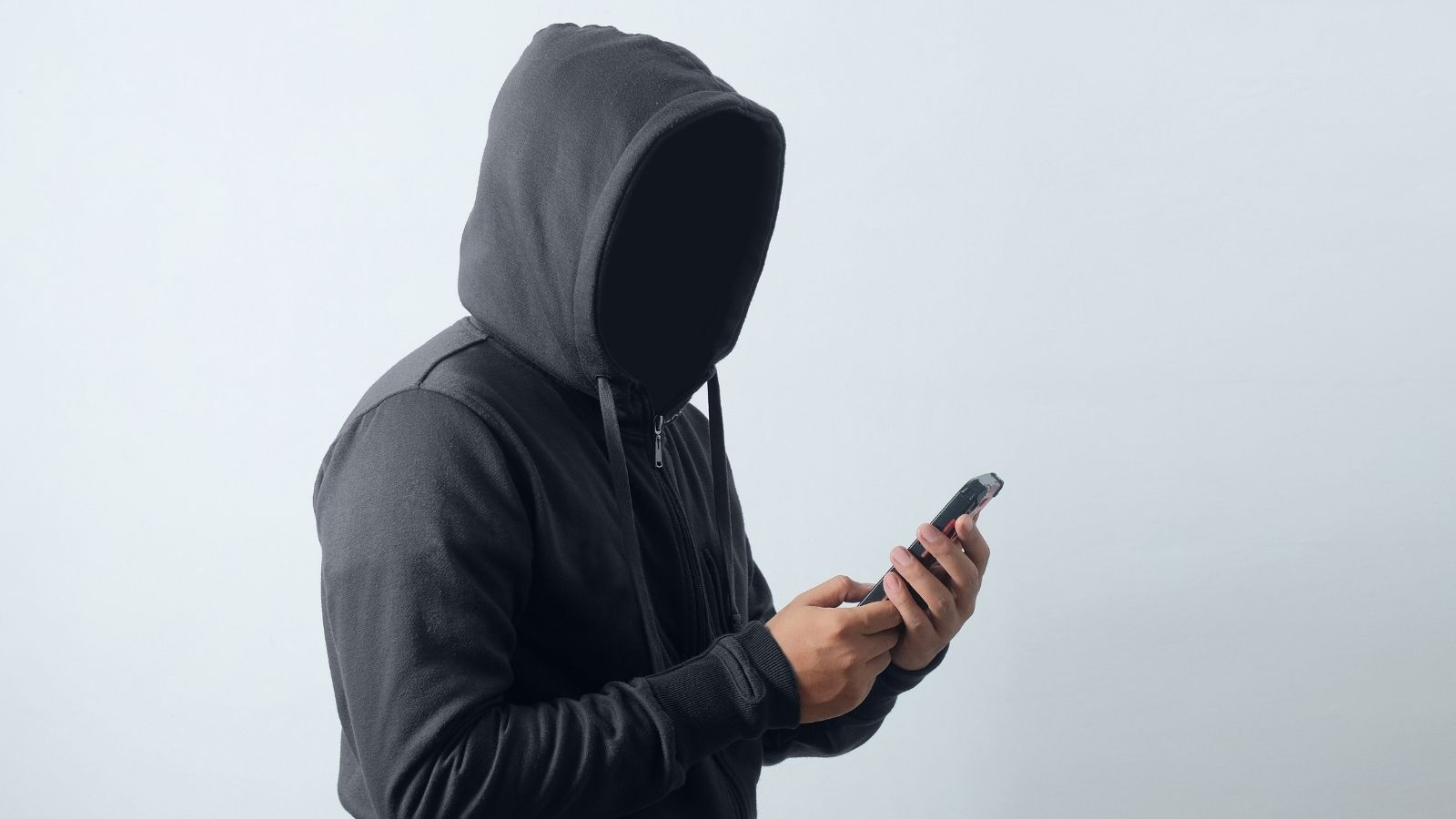
There are services that monitor the dark web for your personal information, such as email addresses, Social Security numbers and passwords. If you receive an alert that your details have appeared on the dark web, it’s a strong sign that your digital identity is no longer safe.
Your Devices Are Running Slower Than Usual

A sudden decrease in your device’s performance could indicate malware or spyware infections. These malicious programs often run in the background, collecting your data or tracking your online activities, which compromises your digital security.
Unauthorized Software or Apps

If you notice apps or software installed on your phone, computer, or tablet that you didn’t download, this could be a sign of malware or spyware. Hackers often install unauthorized programs to monitor your activity or steal your information.
Receiving Fake Job Offers

Scammers sometimes impersonate employers or employment agencies to steal personal information. If you receive a job offer that seems too good to be true or unexpected verification calls asking for your Social Security number or other details, it could be an identity theft attempt.
18 Reasons Why People Are Leaving Florida in Masses

Exploring factors that impact the desirability of living in Florida, this list delves into various challenges shaping residents’ experiences. From environmental concerns like rising sea levels to economic factors such as fluctuating job markets, these issues collectively contribute to a nuanced understanding of the state’s appeal.
18 Reasons Why People Are Leaving Florida in Masses
